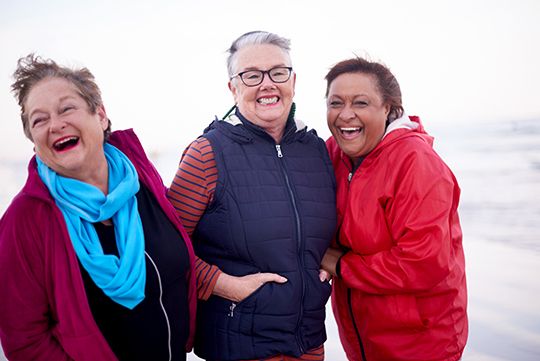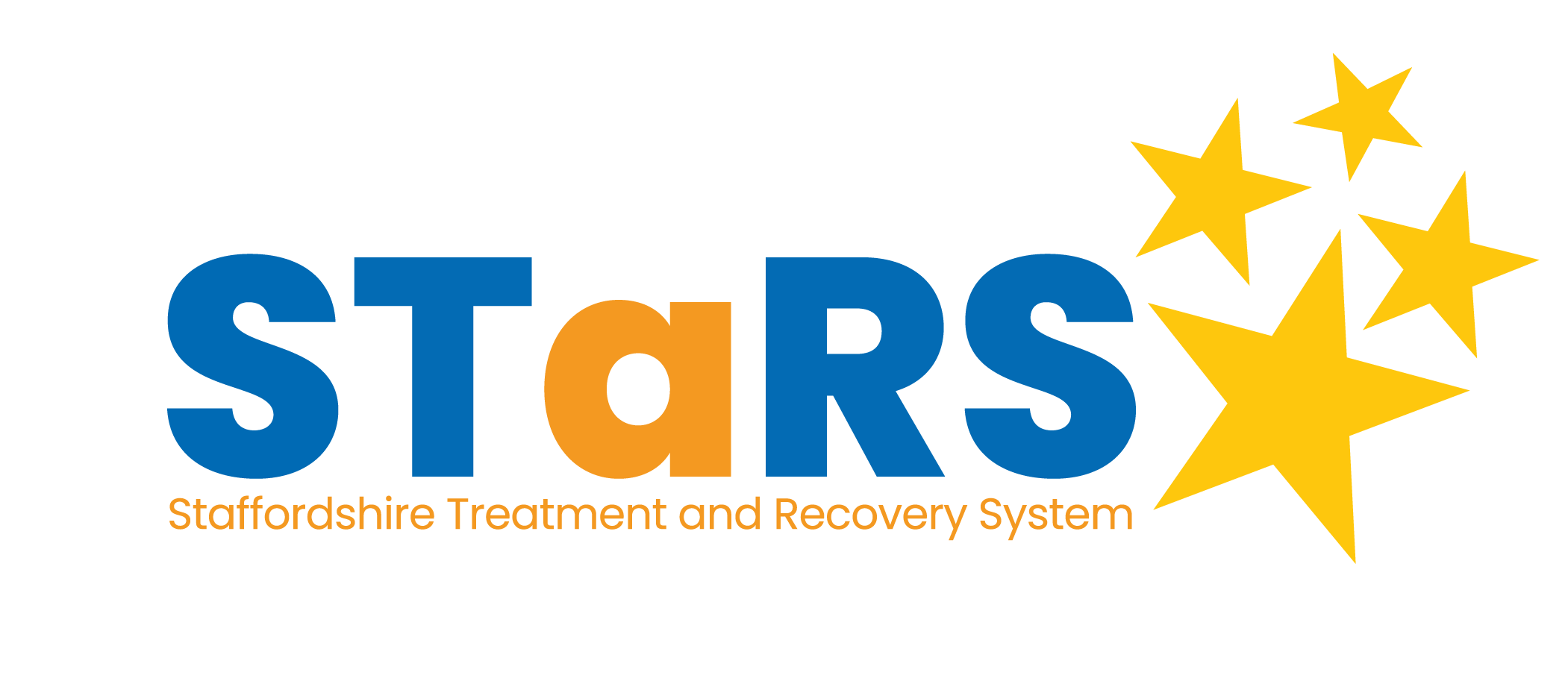When you start to make life changes and stopping or reducing your use of substances you will probably find you have lot’s of spare time. You can put the time to good use by starting some simple short exercises!
Physical activity extends beyond muscle flexing, its benefits in ways such as improved health, lower blood pressure, and lower risk of heart disease. In addition to this, when on your journey of, or in recovery there are some primary benefits as follows;
Exercise has the potential to improve overall well-being – making life more manageable and enjoyable, therefore increasing the likelihood and longevity of recovery.
Enhanced sleep – exercise has been shown to enhance sleep patterns and encourage healthier sleep habits in individuals who engage in at least 20 minutes of exercise five days a week.
Exercise relieves and reduced stress – tension builds in our bodies and getting moving help to alleviate this, and release the negative emotions attached to them. Exercise has been proven to reduce both psychological and physical stress. So, get moving!
It naturally & positively improves brain chemistry – When you exercise, your body releases endorphins, creating a natural high. These endorphins are the same ones released by drug use. Only the release caused by drugs results in an imbalance that interfere’s with your ability to feel pleasure, happiness and satisfaction. Regular physical activity during treatment and recovery will help you restore natural endorphin levels, leading to an overall improvement in how you feel.
Improves your outlook – Engaging in exercise can instill feelings of achievement, pride, and self-worth as you witness your body becoming fitter and stronger, and as you achieve the small goals you’ve set for yourself. People who exercise often report enhanced self-confidence and optimism, along with reduced feelings of depression and anxiety.
Gives you ‘you time’ and time to think – Through movement, you can take a break from the daily rush and focus on your own well-being, stepping away temporarily from the stresses of everyday life. After a workout, you may find yourself with a clearer mind, feeling more refreshed and positive. Taking this break and gaining clarity can sometimes make the recovery process much more manageable.
Getting active…
The recommendations are to do 150 minutes of exercise a week (which is about 21 minutes per day, or 50 minutes 3 times a week). There are lots of different options to be more active, whether you like walking, gardening, running, team sports, or work out dvd’s. Look out for:
- Football and cricket teams or other sport clubs
- Walking and jogging groups
- Nature groups
- Yoga
- Visits to gyms
NHS Choices has a whole web site dedicated to different options click here to find out more. They even have some exercise video clips online.
If you like running or want to give it a try, download the Couch to 5k app to your smartphone. This is a free 9 week running plan for people who want to be more active. It’s perfect if you are new to running – the plan is all about starting off slowly and building up gradually. Anyone can start it you don’t need to be fit!

